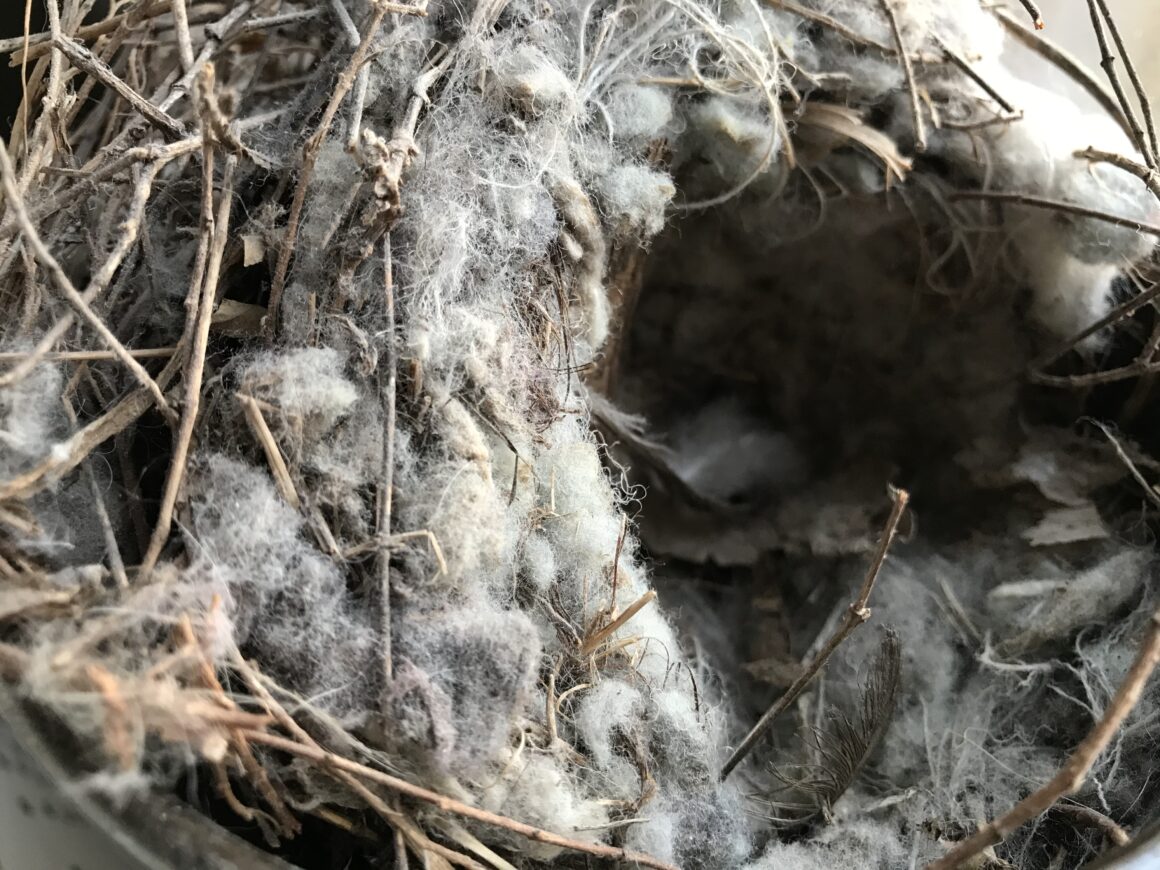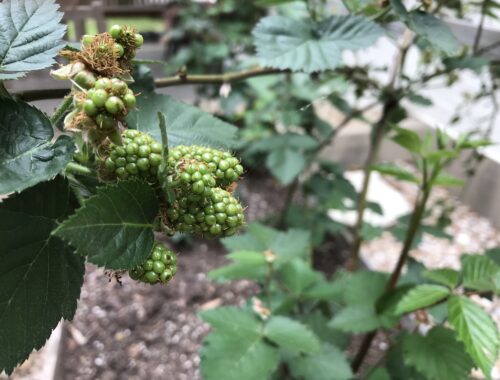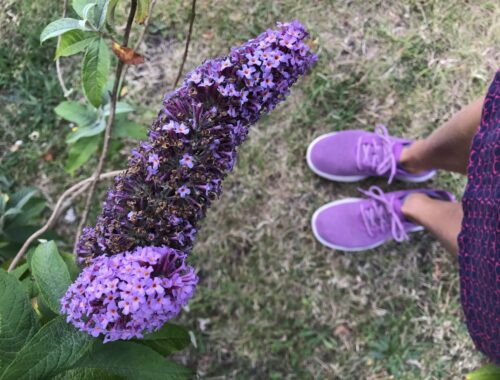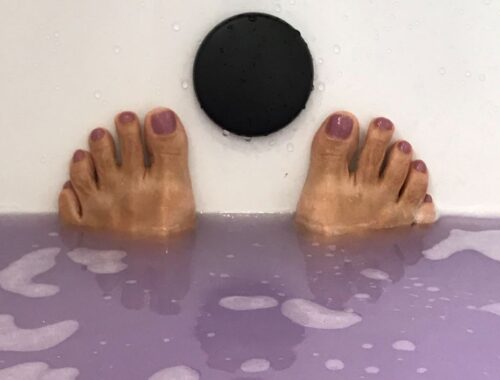
Love Nesters
Today is our oldest son’s birthday; his youngest brother’s was exactly five weeks ago, and their middle brother’s will be exactly four weeks from today. With this universe-aligned schedule, their birthdays are on the same day of the week every year, and they each turned the year of their birthday (or celebrated their golden birthdays) within two months of each other ten years ago. It was the same year of my husband’s and my 20th wedding anniversary.
Our three now young adult sons are a force of nature, our favorite people, the central purpose of our lives. They raised the roofs, crashed through the walls, consumed the thousands and thousands of calories every day that I cooked and baked for them. They read the books, played the games, grew the muscles, made the friends, served the needy. Raising them was our favorite thing.
“Don’t you miss them?” my husband said to me over a small, simple, quiet lunch a few months ago.
Yes.
Anne Bradstreet wrote “the first woman’s poem about empty nest syndrome,” according to Elaine Showalter in A Jury of Her Peers (2009), and I first read (and wrote about) Bradstreeet’s “In Reference to Her Children” when I was in college:
I nurst them up with pain and care,
No cost nor labour did I spare
Till at last they felt their wing,
Mounted the Trees and learned to sing.
Bradstreet’s mother heart spoke to mine; even though my own children were years away at that point, my complete devotion to my five younger siblings approximated (I now know) fierce maternal devotion. And clearly, the wrenching of the heart at one’s separation from one’s children isn’t exclusive to women.
“So, you’re empty nesters now,” people announce to us, after asking about our sons’ ages and whereabouts.
Well, no.
This is how I see it: Until they each have a nest of their own, our nest is still their main nest. And we’ve recently expanded—in response to the current shelter in place orders—to accommodate the younger two, home again full time with us, each of us working from our own desks on our own deliverables all day long and into the night. Our oldest—having married a charming, funny, and beautiful single mother with the world’s most wonderful four-year-old daughter four years ago—is definitely feathering and fluffing his own nest, quarantined in place with a fever in their family, purchasing a rototiller to make a garden out of their back yard.
Also: Is there really such a limited duality as a full nest and an empty nest? Why would I want to define the center of our lives, our shelter and sanctuary, the place for peace and our people, by what it once was but supposedly is no longer? Why would I ever want to define myself as empty anything? And isn’t our home now—whatever the physical form it may take at the different stages of our lives—what it has always been: a love nest—a nest for divine love, romantic love, parental love, filial love, brotherly love?
As the novel coronavirus started to rage, and we learned that college and grad school campuses were being closed, work from home was ordered, resources might be strained, and health could be challenged, we held a family counsel with our two single sons and decided to gather back into one nest together, into this nest. That night, at the nascence of new uncertainties, with our sons packing their car for the 24-hour drive home, my husband and I did what we could do: we prayed, we created and ate a delicious meal; we read aloud to each other; we slow danced to my “Stand By Me” playlist (because there can’t be too many covers of that song); and we made sure our nest, however many of us it holds, is overflowing with all the love.


